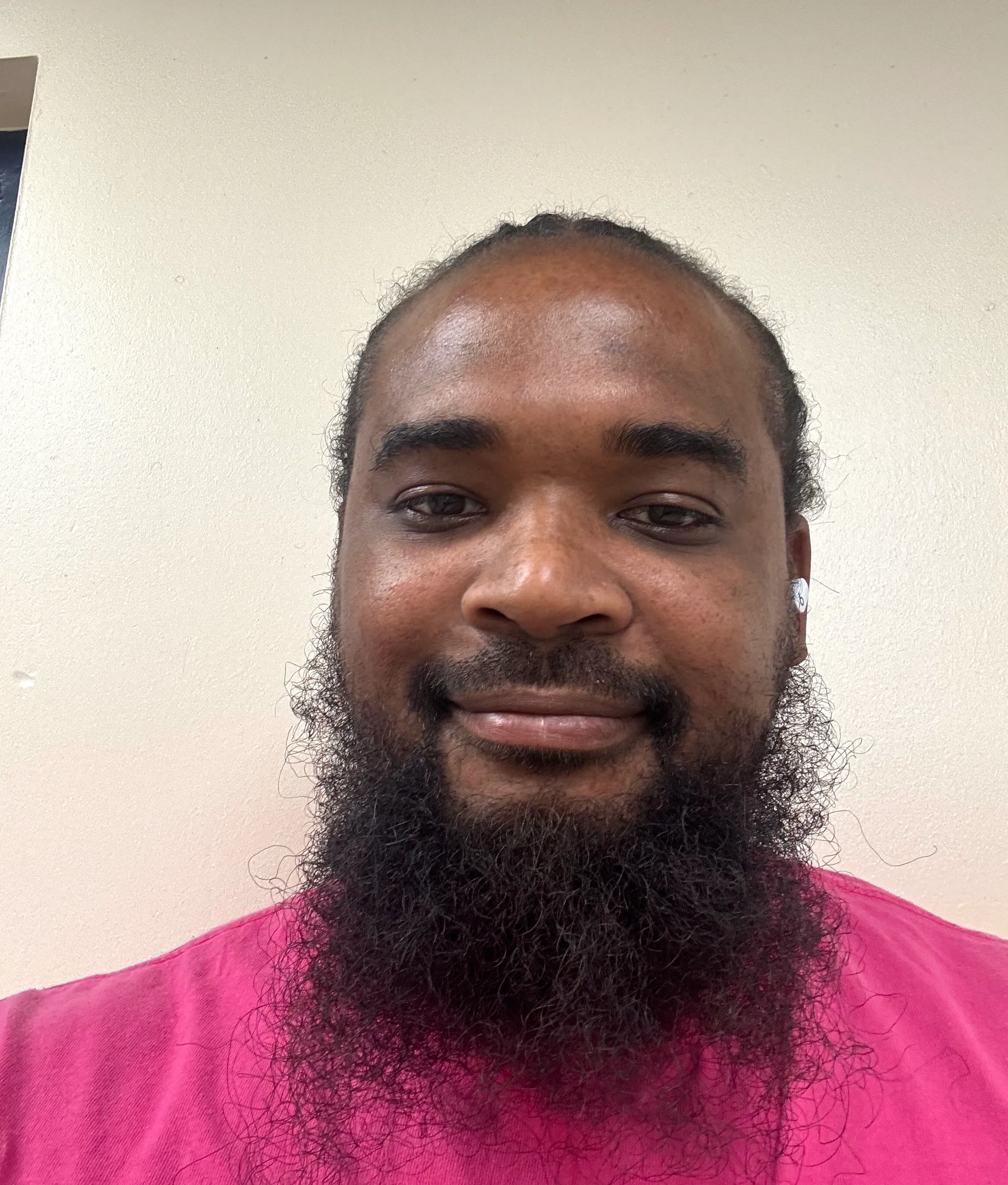When Anthony thinks about home, he can still picture the haze of the Pittsburgh skyline and smell the faint trace of steel in the air. He grew up in Hazelwood, a neighborhood defined by grit, resilience, and community. “It smelled like sulfur and eggs,” he recalls. “As crazy as it sounds, that smell was comforting to me. I knew I was close to home.”
Raised by his mother, grandmother, and aunt in a household full of women, Anthony learned early how to adapt and observe. “It was poverty-stricken housing, single mothers doing their best to raise all these kids,” he says. “But that was home. That was the foundation.”
As a child, Anthony dreamed of becoming a lawyer, drawn to the idea of standing up for others. “I always wanted to be in court, arguing cases,” he says. “In a strange way, I still learned the law, just not how I expected.” After years of incarceration, he made a promise to himself: when he came home, he would change his story.
Starting Over, Step by Step
Reentry wasn’t easy. “It was my tenth time going in and out, but that last one I had to sit down,” he says. “I told the judge, ‘Clearly, I can’t walk the streets and commit crimes and be successful at it.’” During his time inside, Anthony earned a fiber optics certification through a Penn State program, hoping it would help him find stable work after release.
But coming home presented new challenges. “Everything went digital,” he explains. “Before, you’d walk in, shake hands, and talk to someone. Now, it’s all online applications and virtual interviews. I’m old-school, I like connecting face-to-face.”
The job search tested his patience. He filled out dozens of applications, received a few small stipends meant to help those returning home from incarceration get started, and relied on transitional jobs to stay afloat. “Some programs promised help that didn’t come through,” he says. “But once I really applied myself and linked with the Center for Employment Opportunities, things started moving. I just needed something steady to get me back on track.”
Finding His Voice Through Seasonal Work
That chance came when Anthony landed a seasonal position as a community canvasser, joining a local outreach team focused on neighborhood engagement and voter education. “At first, it was about the pay,” he admits. “But once I got into it, I realized it was more than that, it was about connecting with people.”
Every day, his team meets to train, roleplay conversations, and plan their routes before heading into the field. “We work side by side,” he says. “No hierarchy, everyone’s out there together. We talk to people, share information, and help them feel heard.”
The work demands patience, empathy, and adaptability, skills Anthony has been refining for years. “I used to be stubborn,” he says. “Now I can talk to anyone. I’ve learned how to listen, even when someone disagrees. That’s growth for me.”
Through this role, Anthony found something deeper than a paycheck: purpose. “It’s not just about talking to people,” he says. “It’s about building trust and helping folks understand their power in their own communities.”
Opening Doors, Changing Lives
Anthony’s story shows how short-term seasonal roles can create long-term transformation for workers and employers alike. Each year, businesses struggle to fill seasonal positions while millions of justice-impacted people remain ready and eager to work. “Employers are missing out,” Anthony says. “People like me, we’re hungry. We show up. We want to prove ourselves.”
Seasonal jobs can bridge that gap, offering structure, skill-building, and a fair shot to those rebuilding their lives. “Having steady work changes everything,” he says. “It changes how you wake up, how you talk to people, how you see yourself.”
As the busy hiring season approaches, Anthony hopes more employers will open their doors to people with prior records. “I get it. You’re trusting people with your business, your reputation,” he says.
“But just because someone’s never been locked up doesn’t mean they’re perfect either. Everyone’s a risk. The question is, who’s willing to work for their chance?”
He pauses, then adds, “Somebody took a chance on me, and I’ll never let them down. This is more than just a job; it’s a fair shot to make change. And I know I’m not the only one ready for it.”
Stay connected—sign up for our newsletter to learn how CEO supports justice-impacted individuals through career building, advocacy, and policy change. Check out more stories on our blog or donate to support economic mobility.

